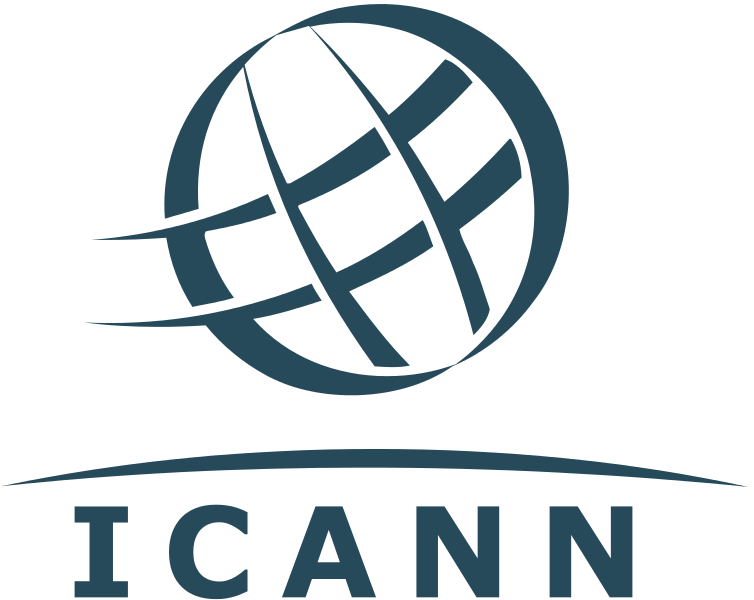 Since the creation of the internet, and its global development in the ’90s, the world wide web remains, in part, under control of the U.S. Commerce Department.
Since the creation of the internet, and its global development in the ’90s, the world wide web remains, in part, under control of the U.S. Commerce Department.
The Californian non-profit company ICANN[1] (Internet Corporation for Assigned names and Numbers) is responsible for the administration of IP addresses worldwide, as well as the global responsibility for top level domains (TLDs), and it is controled by the US National Telecommunications and Information Administration (NTIA), an agency of the U.S. Commerce Department.
Since its birth in 1998, ICANN has dutifully fulfilled its mission, accompanying and sometimes guiding the Internet through the very numerous changes it lived through since the first website to its overpowering position today, when half of the world population is an internet user, with this figure increasing every day[2].
For example, the number of generic TLDs (gTLDs), which was since 1984 very small[3], started to grow around 2000[4], and has been growing exponentially since the end of 2013[5]. Since this date, ICANN has started to sign delegating contracts so that other entities can deal with their complete domain names themselves. Before that modification had been made, a company could only be responsible and choose the first part of its domain name, coming before the gTLD; now it could also own its own gTLD and therefore be responsible for the whole process. As an example, Apple could now choose as a domain name not only “apple.com” or more precisely “macbook.apple.com” but more simply “macbook.apple”. However, this delegation remains possible only through ICANN, the only competent entity in such matters, and through a procedure involving the U.S. Department of Commerce, ICANN’s supervisory authority. For a worldwide web, it seems strangely under control of one government.
That is why, in 2014, the United States have decided to reassure their partners and the countries who were starting to become wary of an internet a little too controlled by the United States who were being a little too surveillance savvy… ICANN was asked to prepare a transition plan by which it would remain a private entity but which would be supervised by a multinational entity, with no governmental control. In case of a complaint or claim, the states will be able to address one of ICANN’s entities.
If, practically, the changes this will bring to Internet’s way of working will be little, we can still appreciate the attempt made to protect the Internet against a single state control, by privatizing it[6]. ICANN has rejected the Russian and Chinese proposal to involve the United Nations[7].
ICANN’s plan has been presented by Barack Obama to Congress and approved by it on August 16th, 2016, despite the anticipated Republicans’ opposition to this change. Internet will be privatized on October 1st, 2016: Obama will have managed to do so before a possible Republican takeover following the upcoming Presidential elections, which would have strongly challenged this process.
However, this new system involves a risk that has to be mentioned: by making ICANN independent, we are certainly protecting it from influences coming from either a government or one of the Internet giants companies, but are we not giving it too much power? If a complaint mechanism has indeed been created, it remains that without any superior controlling entity, ICANN is raised to a very new level of power. Let us hope that the Californian company will realize and be able to bear the responsibilities that entails.
Ondine Sinsheimer
[1] https://www.icann.org/fr
[2] http://www.internetworldstats.com/stats.htm
[3] .com, .edu, .gov., .mil, .net, .org et .int
[4] .aero, .biz, .coop, .info, .museum, .name, .pro, .travel, ou .asia par exemple
[5] https://newgtlds.icann.org/en/program-status/delegated-strings
[6] http://www.reuters.com/article/usa-internet-icann-idUSL1N10E0ZZ20150803
[7] https://www.engadget.com/2015/08/04/icann-us-transition-proposal/
